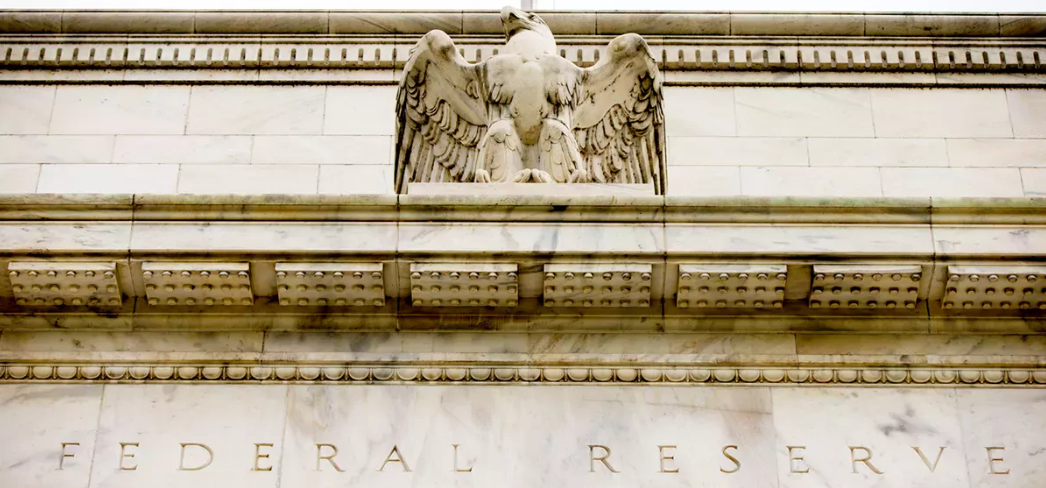
François Christen
Chief Economist
Recent mixed indicators are still compatible with a "soft landing" for the US economy.
Original article published in French on agefi.com
Dollar-denominated bonds, which took a tumble in the first two weeks of August, rallied on the back of several pieces of news that should encourage the Federal Reserve to act with restraint. Deteriorating consumer confidence and multiple signs of a cooling labor market caused short- and medium-term yields to fall back.
The number of job vacancies continued to fall, to 8.8 million in July, after peaking at over 12 million in March 2022. Similarly, the number of employees who voluntarily quit fell to 3.5 million (vs. 4.5 million in March 2022). These figures reflect a shift in the balance of power between employees and companies.
The employment report published on Friday corroborates this observation, even though net hiring proved robust (187,000 in August, after 157,000 in July and 105,000 in June). The unemployment rate jumped from 3.5% in July to 3.8% in August. This sharp rise was driven by an increase in the labor force participation rate, which rose to 62.8%, 0.2 points higher than in July. The decline in this rate caused by the pandemic is giving way to a gradual normalization, spurred on by the exhaustion of household savings between 2020 and 2021.
The Personal Consumption Expenditures (PCE) price index, the Fed’s preferred inflation gauge, shows a slight acceleration in annual inflation (3.3% in July after 3.0% in June), but the monthly change of 0.2% is within the range targeted by central bankers. The slackening of the labor market should prompt the FOMC to take a pause until it has a clearer picture of US activity and inflation. The status quo seems almost certain on September 20, but the path ahead remains uncertain.
While the “bad” employment figures received a “good” reception on Wall Street, the upturn in the ISM manufacturing index (47.6 in August after 46.4 in July) invalidates recession forecasts. Recent indicators still seem compatible with a “soft landing” that will not call for a rapid or aggressive pivot by the Fed in 2024.
The picture is less rosy in Europe, where there has been a steady decline in the “economic sentiment” index published by the European Commission (93.3 in August, the lowest since November 2020) and persistent inflationary pressures. First estimate inflation remained stable at 5.3% in August. Excluding energy, food and tobacco, prices were up 0.3% on the previous month and 5.3% year-on-year. The objective of price stability has still not been achieved, but the worsening economic situation could prompt the ECB to skip interest kike in September, as Christine Lagarde hinted at the end of the Governing Council meeting.
Symptoms of weakness and the influence of the USA have led to a slight easing in short- and medium-term euro yields, while long-term yields are stable. The Swiss franc yield curve is also under pressure. In contrast, sterling-denominated bonds are being penalized by the pronounced upturn in UK inflation and the prospect of a further interest rate hike in September.










